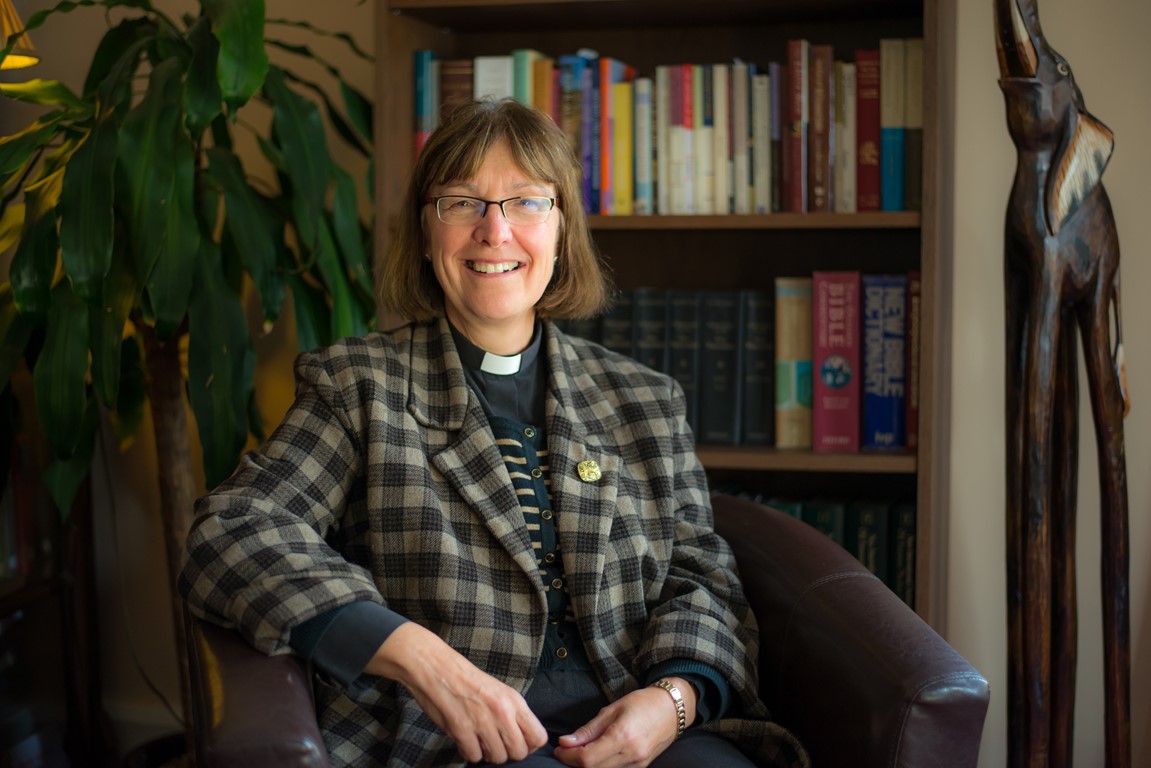The Patient Hope of Easter

The Wind in the Willows is a favourite childhood story for many of us. It was written by Kenneth Graham and tells the story of four animal friends living by the riverbank. Toad, Mole, Ratty and Badger look out for each other through all the ups and downs of living. There are times when they do not feel like celebrating and just now our usual Easter celebrations seem a light year away. There is little to celebrate as we remember and pray for those battling this global pandemic here in Cornwall and across the world. We are confined to our homes and the centres of our communities are strangely still and empty. In this strange stillness and as we wait for something to happen, we might be feeling that we are travelling a similar journey to Jesus’ disciples as they watched their master suffer and as they waited fearing the worse on that fateful first Good Friday and Holy Saturday.
Those that watch and wait as loved ones suffer know only too well that it is not easy. It requires a lot of patience, a lot of hidden reserves and energy. We want to do something and even solve the problem, make everything alright again and get back on with our lives. And when we suffer ourselves, we want the pain and the illness to be over as quickly as possible, we increasingly feel impatient and reluctant to embrace the journey.
How interesting then that we call those suffering in hospital ‘patients’ as they endure a passive suffering and waiting, exercising patience and hoping for the relief which will come in time. Patients are often not able to help themselves. They have to rely on others and exercise considerable patience. They are forced to be passive and accept what is done for them and to them.
The ancient Greek philosophers called exercising this patience the energy of non-motion. And at this time in the church year, we remember Jesus showing this passive patience as he endured the cruelty and agony of his Passion on the Cross. The word ‘patience’ has its Latin roots in the word ‘pati’ to suffer or to have suffered, and so it has come to be a negative virtue though none the less quite heroic. Some have observed it to be a minor form of despair but disguised as a virtue.
At one particular time in The Wind in the Willows, Mole and Ratty go out to be with their friend Otter as he went out night after night to watch by the ford for Portly, his young son, just on the off chance that he would come that way. “I suppose we ought to be thinking about turning in” said Ratty, and Mole replies “I simply can’t turn in and do nothing even though there doesn’t seem to be anything to be done”. So, they went out into the cold dark night to be on the riverbank where they were needed most to support their friend.
Keeping watch is no easy matter. Jesus knew that the hours of darkness would be cold and long, out there in the garden of Gethsemane. He knew he had no choice but to wait and watch, and his disciples felt so helpless and so useless. But like Ratty and Mole, what else could they do in the circumstances? Supporting those who are keeping watch is no easy matter.
These friends were finally all rewarded for their loyalty and patience. They found they could celebrate together. And when this coronavirus pandemic is over, as surely it will be, we shall be rewarded by being able to come together once more and celebrate. The Easter message is one of hope after patient endurance, hope of the resurrection life for all those who suffer and endure. Pray that we may learn during this time of patient waiting and watching where we are needed most.
Prayer:
Lord Jesus Christ,
you invited your followers
to keep watch during your time of need.
Give us strength to watch
with those who need your care and support.
For you are our hope and risen Lord, now and always. Amen.
Rev'd Canon Lynda Barley

